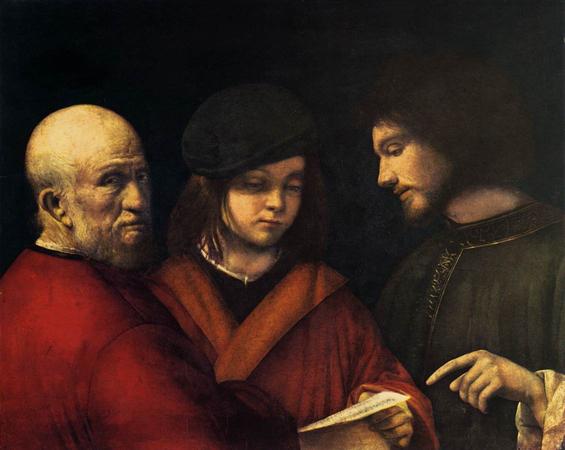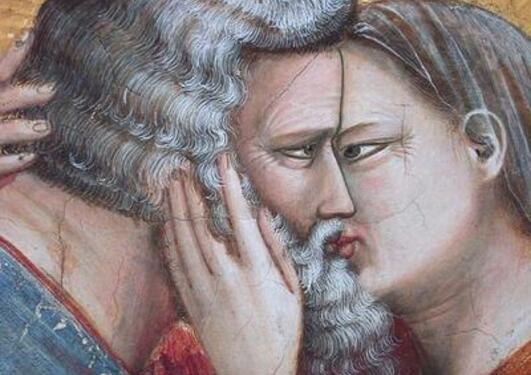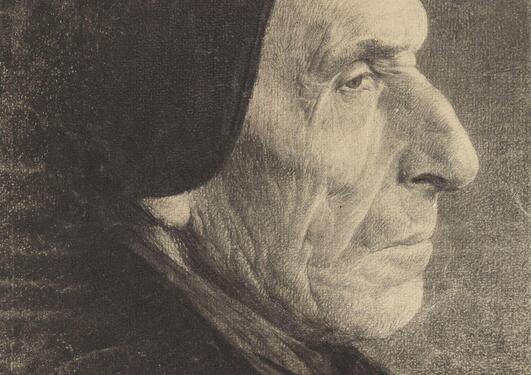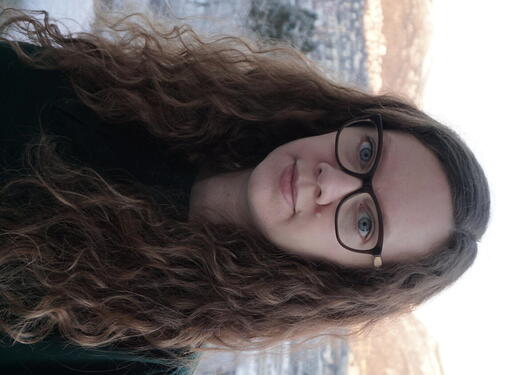
An interdisciplinary Approach to the Ageing Self
What can literature tell us about the subjective and symbolic aspects of late life in different historical contexts? What are the cultural assumptions underlying present paradigms of ageing?
Ageing populations is a world wide challenge and calls for different kinds of scholarly investigation to inform the public debate and current revisions of state policies.
Today is a transitional moment in the history of old age, a moment characterized by conflicting discourses regarding the defining limits of old age as well as the roles, rights and responsibilities of the aged. Youthfulness is privileged in our culture, but as life expectancy increases in rich societies, the idea that ageing can be medically "cured" or technologically "repaired" contributes to nourish totally new visions of late life. A deeper, wider and more critical understanding of old age in past and present societies is necessary to counteract simplifying collective attitudes, as those oscillating today between extreme optimism and shame, between commercialized ideals of "successful" ageing, and pessimistic hints of late life's unspeakable horrors.
On the basis of mostly literary, but also medical, psychological and legal discourses, the project seeks to provide detailed examples of the psychologies, philosophies and rhetorics of old age, especially in regard to shifting concepts of selfhood and identity. Contributing in this way to a cultural history of the ageing self, the project will heighten awareness of the divergent conceptions of old age that exist side by side in today's society, their continuities and transformations, and their impact on late lives.
The project is supported by the Research Council of Norway's Programme for Cultural Conditions Underlying Social Change (SAMKUL) in the period 2016-2021.
SAMKUL aims to generate new knowledge about the cultural dimensions of current social challenges.

Why should literature be privileged in disciplinary approaches to ageing?
George Rousseau, Margery Vibe Skagen, Margareth Hagen


